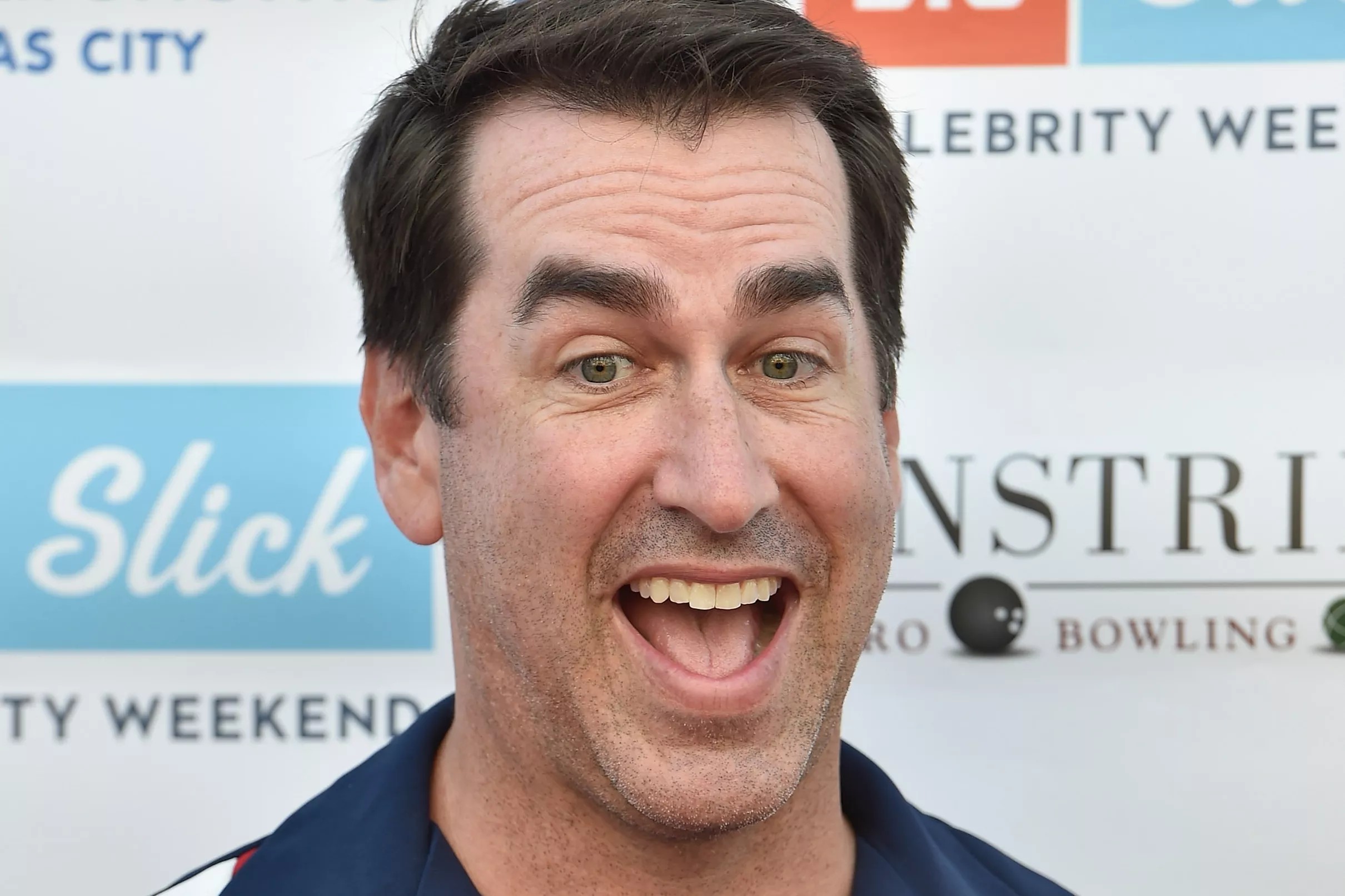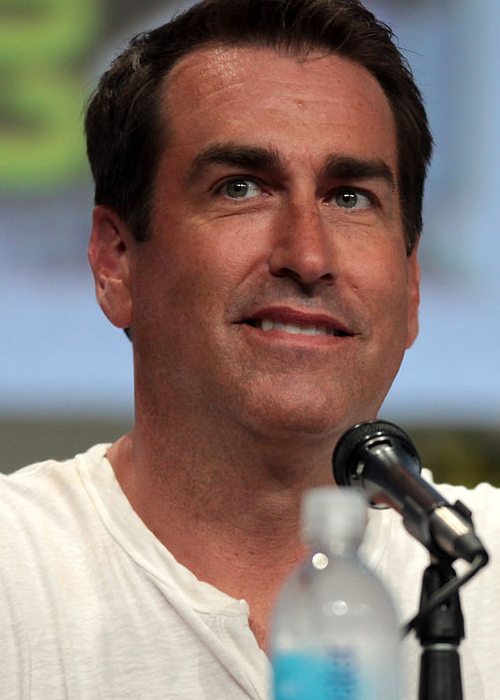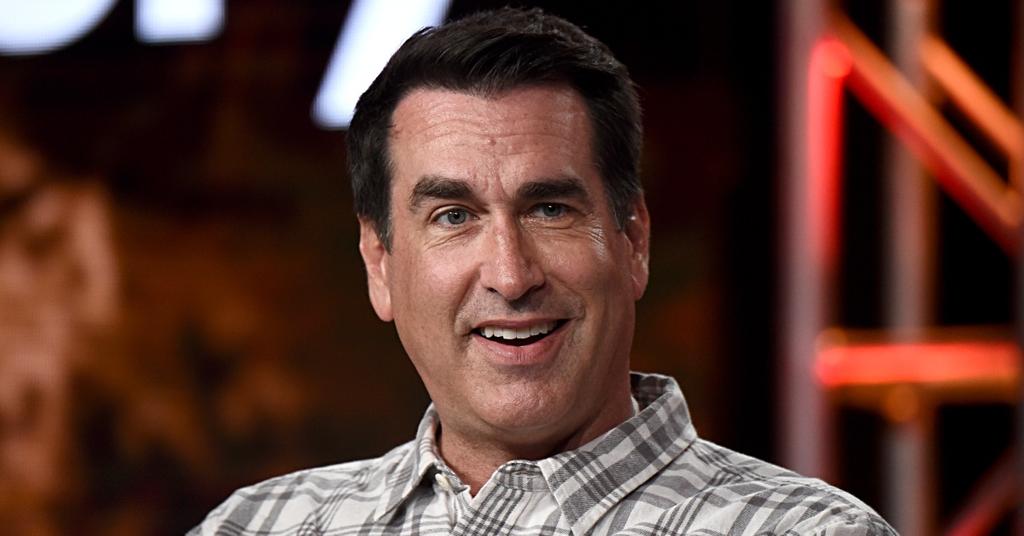

Riggle explains, this is the simple everyday response. You: I would like a large coffee, please.Įmployee: All right, that’ll be two dollars, please.Īs Dr. One where we simply follow a script, and one where we are awesome:Įmployee: Hi, what can I get for you today? He explains this by comparing two possible interactions with a barista. Riggle reminds us that we are in the same situation when we act in any typical situation. While Sartre condemns the waiter who is acting as they think a waiter should, as opposed to how they could choose to act, Dr. His notion of “awesomeness” is similar to Sartre’s examples of “radical freedom” and “authenticity”. We do have the ability to do that all the time. While we can’t all hope to do this every day, it is an example of somebody breaking our expectations in a way that inspires us to also express ourselves. In the video, members of the audience (with one, sucky, exception) are inspired to dance along, giving them all a moment to escape the norms of a musical break and express themselves. Riggle gives the example of a fan dancing to Bon Jovi at a basketball game.


A person sucks when they shut down such opportunities. A person is awesome when they create new opportunities for us to express ourselves. Social openings are those little moments where we can creatively surpass our social norms. Someone sucks when they reject a social opening for no good reason. To him, being awesome is “being good at creating “social openings”-moments of mutual appreciation between people when they break out of their norms and routines by expressing their individuality in a way that gets others to express theirs.

Having channeled Socrates and observed exactly how people use the word then going a step further, he has a definition that he offers us. Finding that these words are intimately connected to “ being down, game, chill, wack, a blowhard, braggart, killjoy, and others” which he then gives a systemic study of, providing what might be the most entertaining study of linguistics taxonomy in philosophy. While he notes that we may tend to overuse both words as common expressions of “ good” and “ bad”, he does suggest more practical meanings of both. Nick Riggle discusses the use of the word “ awesome” and its antonym, “ sucks”. But, what does it really mean when we use it? We call great things “awesome”, we desire to see and do awesome things, and we enjoy awesome people. While the word technically relates to the ability to inspire awe, most of us use it in a far more casual manner. There a word that most people use every day without quite knowing what it means, “ Awesome”.


 0 kommentar(er)
0 kommentar(er)
